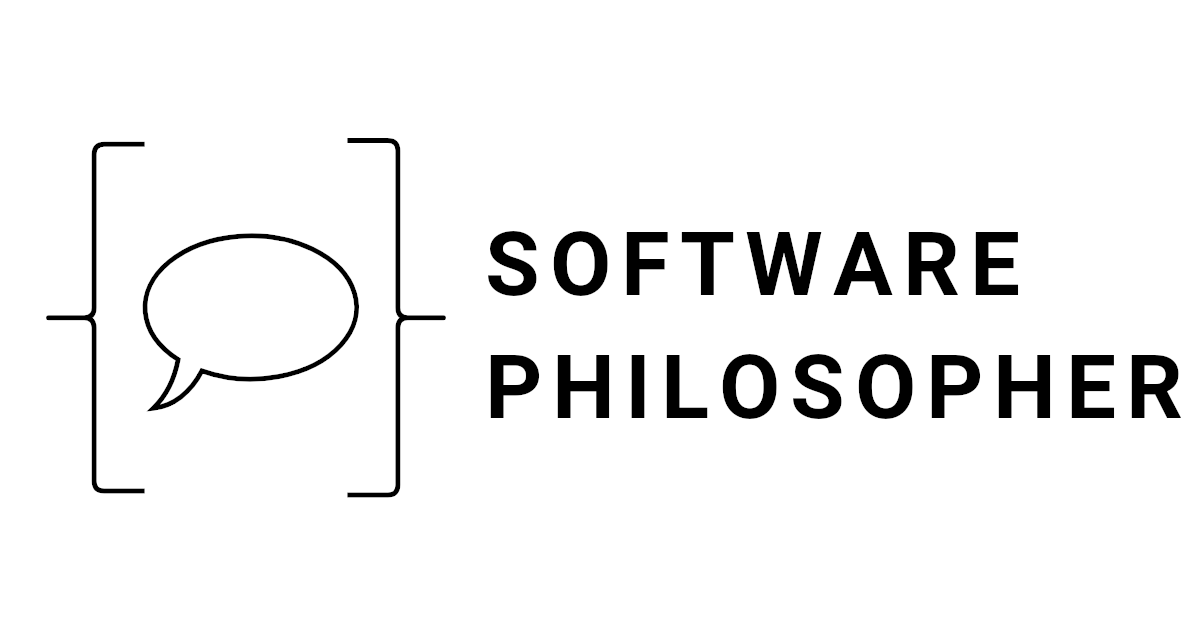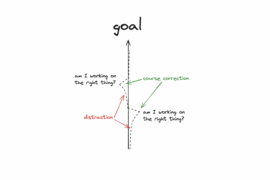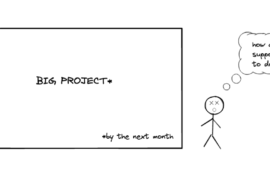Last year I had a chance to visit Deutsches Museum in Munich. It was a huge building with 6 floors full of wonderful achievements of our civilization in all fields: mining, sailing, land surveying, computer science, ecology and so on. I was walking through different rooms in awe imagining how all these people dedicated their lives to invent, constantly improve and understand the tools they were using.
I felt respect for them in a way, considering that nowadays I take all these achievements for granted. I start my computer without really thinking that it runs on an operating system, powered by electricity. I connect to WiFi and I get frustrated if it disconnects for a while. I download milion of npm packages into my node_modules without really understanding what’s inside.
But the thing is that our lives are a bit too short to understand what effect our work can have on future generations. We constantly push forward, generate new knowledge, but how can we even compare the software we write to the invention of electricity, airplanes, cranes and so on?
Well, we shouldn’t compare it. All these inventions have been created over the course of decades. Some people have started something, others picked it up, challenged and built on top of that. The ideas have been polished for years by multiple creators, engineers, scientists. Sigmund Freud’s ideas can be perceived as strange. And they may not be accurate according to our current knowledge. But at the time they had been created they were a solid foundation to perform further developments.
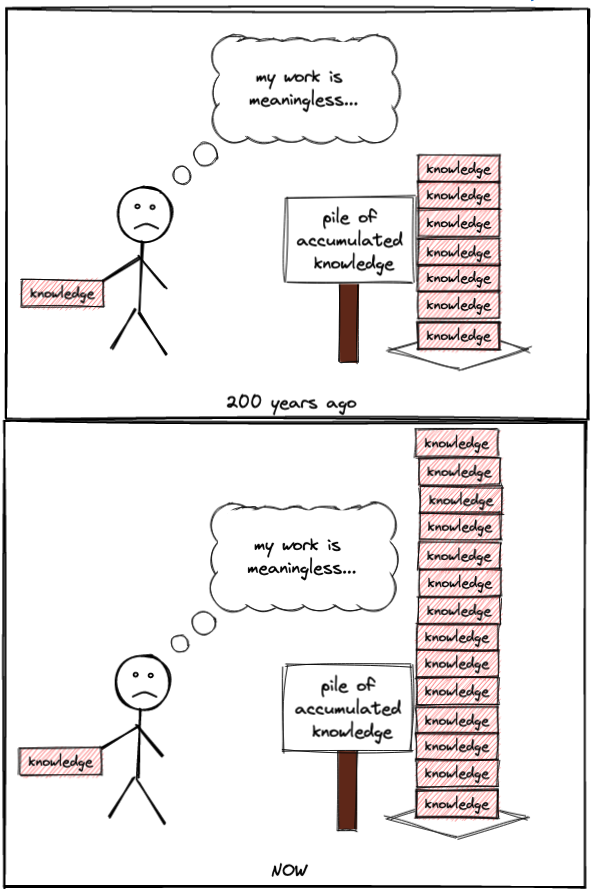
Vincent Van Gogh said:
Great things are done by a series of small things brought together.
Vincent Van Gogh
This is exactly what we do nowadays with our agile cycles. We create something, we gain experience and we take further actions to improve it. Nick Milton visualized it in the form of a pyramid fractal. We gain experience, convert it into knowledge, based on which we take decisions that lead to actions, which we can gain experience from.
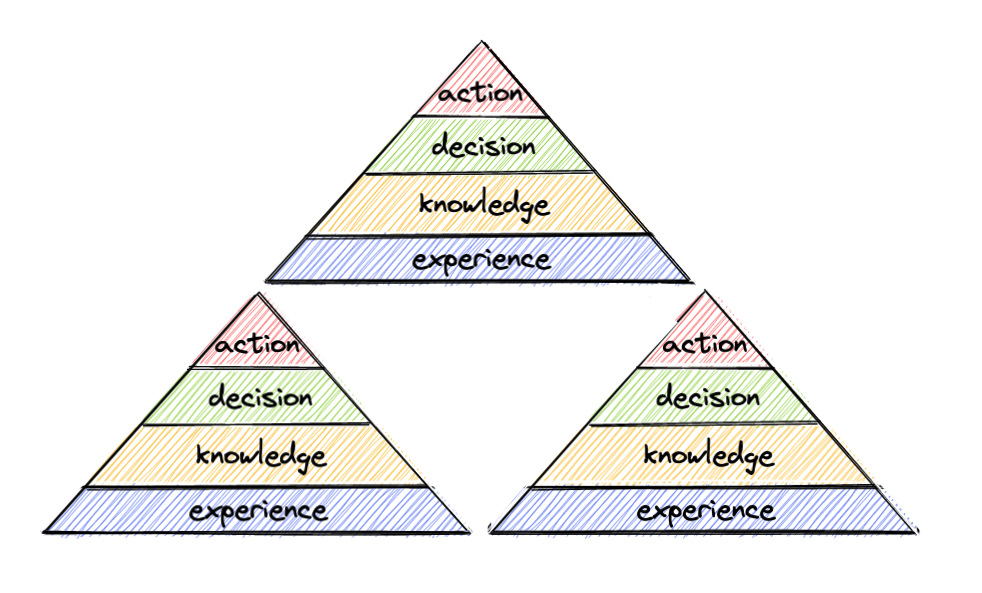
It can be frustrating to think that we’re doing meaningless work that doesn’t change anything, but if we look from a ten thousand foot view we can see a bigger picture and then we may be able to celebrate what we have achieved.
References
- Nick Milton – Where does Knowledge come from? (reprise) – 2022-04-11 – http://www.nickmilton.com/2022/04/where-does-knowledge-come-from-reprise.html
